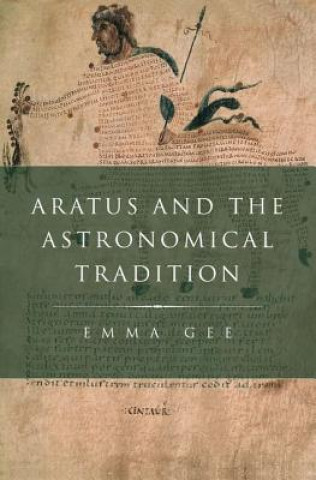
Kod: 02686432
Aratus and the Astronomical Tradition
Autor Emma Gee
Why were the stars so important in Rome? Their literary presence far outweighs their role as a time-reckoning device, which was in any case superseded by the synchronization of the civil and solar years under Julius Caesar. One an ... więcej
- Język:
 Angielski
Angielski - Oprawa: Twarda
- Liczba stron: 320
Wydawca: Oxford University Press Inc, 2013
- Więcej informacji o książce

Zobacz książki o podobnej tematyce
-

Sextus Julius Frontinus and the Roman Empire
202.07 zł -7 % -

Clean-up of Former Soviet Military Installations
288.60 zł -

Combinatorial Algorithms on Words, 1
288.60 zł -

Cross Rhodes
72.62 zł -
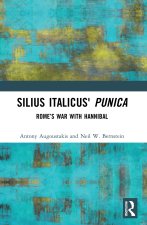
Silius Italicus' Punica
285.99 zł -

Preserving the Arton Federation
159.26 zł -

Frederic Chopin
45.52 zł -6 % -

Vitamins and Cancer
568.76 zł -

Old English Orosius
166.51 zł -

Learn to Knit
47.34 zł -23 % -

How to Smoke Pot (Properly)
69.90 zł -10 % -
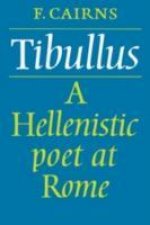
Tibullus: A Hellenistic Poet at Rome
149.89 zł -1 % -
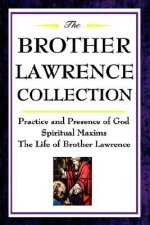
Brother Lawrence Collection
60.23 zł -

Commentary on Silius Italicus' Punica 10
757.94 zł
Podaruj tę książkę jeszcze dziś
- Zamów książkę i wybierz "Wyślij jako prezent".
- Natychmiast wyślemy Ci bon podarunkowy, który możesz przekazać adresatowi prezentu.
- Książka zostanie wysłana do adresata, a Ty o nic nie musisz się martwić.
Więcej informacji o Aratus and the Astronomical Tradition
Za ten zakup dostaniesz 403 punkty
 Opis
Opis
Why were the stars so important in Rome? Their literary presence far outweighs their role as a time-reckoning device, which was in any case superseded by the synchronization of the civil and solar years under Julius Caesar. One answer is their usefulness in symbolizing a universe built on "intelligent design." Predominantly in ancient literature, the stars are seen as the gods' graffiti in the ordered heaven. Moreover, particularly in the Roman world, divine and human governance came to be linked, with one striking manifestation of this connection being the predicted enjoyment of a celestial afterlife by emperors. Aratus' Phaenomena, which describes the layout of the heavens and their effect, through weather, on the lives of men, was an ideal text for expressing such relationships: its didactic style was both accessible and elegant, and it combined the stars with notions of divine and human order. In especially the late Republic extending until the age of Christian humanism, the impact of this poem on the literary environment is out of all proportion to its relatively modest size and the obscurity of its subject matter. It was translated into Latin many times between the first century BC and the Renaissance, and carried lasting influence outside its immediate genre. Aratus and the Astronomical Tradition answers the question of Aratus' popularity by looking at the poem in the light of Western cosmology. It argues that the Phaenomena is the ideal vehicle for the integration of astronomical 'data' into abstract cosmology, a defining feature of the Western tradition. This book embeds Aratus' text into a close network of textual interactions, beginning with the text itself and ending in the sixteenth century, with Copernicus. All conversations between the text and its successors experiment in some way with the balance between cosmology and information. The text was not an inert objet d'art, but a dynamic entity which took on colors often contradictory in the ongoing debate about the place and role of the stars in the world. In this debate Aratus plays a leading, but by no means lonely, role. With this study, students and scholars will have the capability to understand this mysterious poem's place in the unique development of Western cosmology.
 Szczegóły książki
Szczegóły książki
Kategoria Książki po angielsku Literature & literary studies Literature: history & criticism Literary studies: general
691.96 zł
- Pełny tytuł: Aratus and the Astronomical Tradition
- Autor: Emma Gee
- Język:
 Angielski
Angielski - Oprawa: Twarda
- Liczba stron: 320
- EAN: 9780199781683
- ISBN: 0199781680
- ID: 02686432
- Wydawca: Oxford University Press Inc
- Waga: 554 g
- Wymiary: 163 × 235 × 26 mm
- Data wydania: 14. November 2013
Ulubione w innej kategorii
-

How to Read a Book
51.97 zł -23 % -

Hamlet: The Oxford Shakespeare
43.41 zł -15 % -
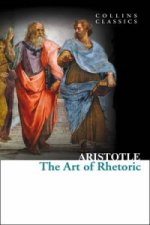
Art of Rhetoric
14.90 zł -5 % -
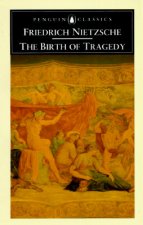
Birth of Tragedy
42.90 zł -23 % -

Selected Essays
47.34 zł -23 % -

Complete Short Stories of Ambrose Bierce
105.56 zł -4 % -

Serpent Power
105.56 zł -4 % -

Annotated Alice
52.37 zł -15 % -

Moby-Dick
79.67 zł -

Nordic Noir
70.41 zł -23 % -

Marquis de Sade: A Very Short Introduction
55.60 zł -5 % -

Children's Fantasy Literature
113.82 zł -14 % -

Mysteries of Udolpho
48.95 zł -14 % -

Joseph Andrews and Shamela
45.52 zł -4 % -
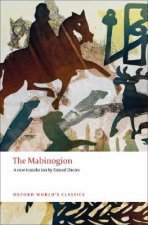
Mabinogion
47.34 zł -23 % -

The Picture of Dorian Gray
29.20 zł -23 % -
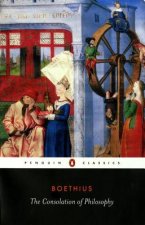
Consolation of Philosophy
47.34 zł -23 % -

Seven Basic Plots
93.17 zł -15 % -

Gulliver's Travels
29 zł -23 % -

Life of Samuel Johnson
92.37 zł -11 % -

Powers of Horror
213.35 zł -

Road to Hel
235.72 zł -

Sejong Korean Student Book 2A - English Edition, m. 1 Audio
132.16 zł -

Anna Karenina
45.52 zł -4 % -

Wide Sargasso Sea
38.27 zł -14 % -

Edda
44.62 zł -20 % -

Finn and Hengest
42.70 zł -23 % -
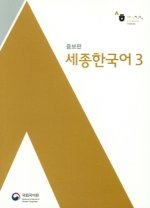
Sejong Korean 3, m. 1 Audio
122.69 zł -
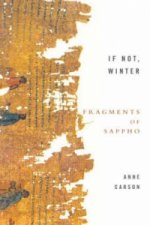
If Not, Winter: Fragments Of Sappho
62.95 zł -26 % -

Africa's Tarnished Name
15.30 zł -23 % -

Complete Poetry
33.64 zł -23 % -

Captain is Out to Lunch
69.90 zł -10 % -

Devils
53.58 zł -4 % -

Two Treatises of Government
45.32 zł -5 % -

Count of Monte Cristo
47.34 zł -23 % -

Sejong Korean 2 (Korean+English Version), m. 1 Audio
122.69 zł -

Moveable Feast
43.41 zł -15 % -

Moveable Feast
47.04 zł -14 % -
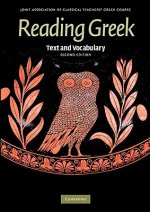
Reading Greek
189.18 zł -

Dream Story
47.34 zł -23 % -
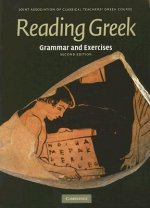
Reading Greek
209.22 zł -

Analysis of Donna Haraway's A Cyborg Manifesto
39.78 zł -
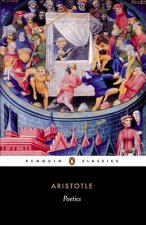
Poetics
54.89 zł -10 % -

Selected Journals of Lm Montgomery Volume III 1921-1929
88.54 zł -9 % -

Leaves of Grass
75.74 zł -
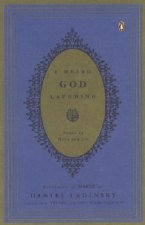
I Heard God Laughing
79.27 zł -13 % -

Tragedy of King Richard III: The Oxford Shakespeare
38.27 zł -23 % -

Sejong Korean Student Book 1B - Korean Version, m. 1 Audio
132.16 zł -

Wild Ass's Skin
65.57 zł -4 %
zadowolonych klientów
Od roku 2008 obsłużyliśmy wielu miłośników książek, ale dla nas każdy był tym wyjątkowym.
Copyright! ©2008-24 libristo.pl Wszelkie prawa zastrzeżonePrywatnieCookies



 21 milionów książek
21 milionów książek Dostawa 10.99 zł
Dostawa 10.99 zł (32) 444 93 66 (8-15.30h)
(32) 444 93 66 (8-15.30h)